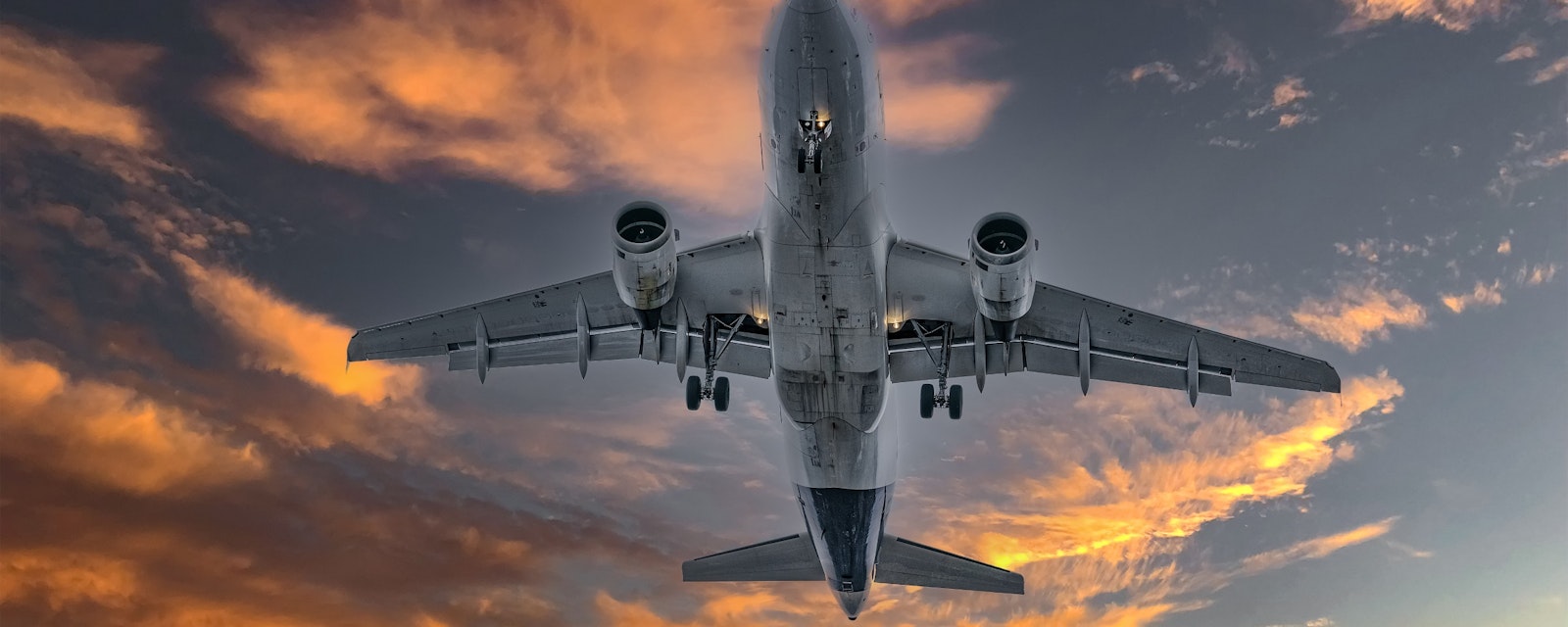Amelia DeLuca, Managing Director of Sustainability for Delta Air Lines, and Calin Rovinescu, Teneo Senior Advisor and former President and CEO of Air Canada, joined Kevin Kajiwara for a discussion on the future of the global aviation industry, including its post-pandemic recovery, sustainability considerations heading into COP26, and what it all portends for related industries and consumers.
Current State of the Aviation Industry
Few industries have faced greater economic, political, commercial, and human disruption during the COVID-19 pandemic than the commercial airline industry. Government support to airlines allowed them to keep flying, keep their aircraft fleets airworthy, be ready for the recovery, and raise capital. Without such support, many airlines would not have survived.
The aviation industry is grappling with what has been described as a three-segment recovery which encapsulates a fundamentally different profile of demand. Leisure travel will be first to rebound, followed by domestic travel. But business travel, particularly international business travel, will face a long road to recovery. In preparation for business travel to resume and to secure the future of their business, airlines must focus on the short-term needs of ensuring passengers are comfortable to fly again and concentrate their longer-term recovery strategy around ESG and, more specifically, climate change.
Resiliency
The airline industry is notoriously cyclical, and the resilience displayed by the industry in recovering from global economic or geopolitical shocks and adapting business models to meet changing market conditions has been quite remarkable over the last number of years. The sector builds a more robust, resilient and agile culture every time they are dealt with a new crisis. Safety has always been the number one priority in the airline industry, particularly following 9/11, and the new measures that have been put in place following the pandemic provide an extra layer of additional safety that is now an inherent part of how we travel.
Government-Industry Relations
The government fell short in their collaboration efforts with the air travel sector, which had the knowledge and expertise to provide informed guidance on how and when to respond to the coronavirus outbreak in terms of shutting down global air travel and implementing safety protocols. Additionally, reopening plans set by the government did not give airlines adequate time to ramp up their operations to meet the new demand. Retrieving an aircraft from the desert, undertaking routine aircraft maintenance, recalling staff, preparing airports and other complex logistical challenges should have been strategically considered when governments devised the reopening plan.
Employee and Customer Protection
From the beginning of the coronavirus outbreak, airlines had to take on a variety of employee and customer protection measures that were often suboptimal from a revenue standpoint. As the holiday season approaches, it is vital that airlines invest in resources and training and focus on showing empathy towards passengers who may not have flown internationally since the start of the pandemic.
Long-Term Changes
The COVID-19 pandemic has placed health, safety and sanitization at the forefront of the entire customer experience, and the initiatives put in place to keep passengers and crew members safe inflight are here to stay. Additionally, individual passengers are taking more responsibility for their own testing protocols and are less likely to fly while sick with symptoms of COVID-19 or any other illness.
Climate Change Mitigation
It is a critical time for the airline industry to come together and revolutionize air travel in order to curb its impact on the climate and to meet the industry’s 2050 net zero goal. Substituting jet fuel with electricity or hydrogen can have a notable impact on the climate, as the operation of electric or hydrogen aircrafts will not be associated with CO2 emissions from fuel combustion. Airlines must continue to invest in new innovative technologies and energy sources for aviation. Additionally, airlines need to communicate their climate actions in a way that resonates with their customers in the short term to give them the confidence to travel now until the larger scale efforts are in place.
Sustainable Aviation Fuel
Sustainable aviation fuel produced from sustainable resources such as waste oils from a biological origin, agri residues, or non-fossil CO2 are currently in use in small amounts today. You can blend up to 50% of sustainable aviation fuel with fossil jet fuel without special infrastructure or equipment changes. Current research is showing that the use of sustainable aviation fuel does not adversely affect the aircraft’s engine, and there is evidence to show that it eliminates contrails, which may have further warming impacts on the global climate.
The Future of Short-Haul Flights
Some governments, especially in Europe, are discouraging short-haul flights in a bid to cut carbon emissions, and this is likely to continue until aircrafts become electrified. Current R&D projects are focusing on small aircrafts known as eVTOLs which are electric vertical take-off and landing aircrafts to replace the conventional aircraft for short-haul flights. Looking towards the future, the aviation industry will seek to build and scale these new innovative technologies and energy sources to allow hydrogen and electricity to fuel long-haul aircrafts by 2050.




